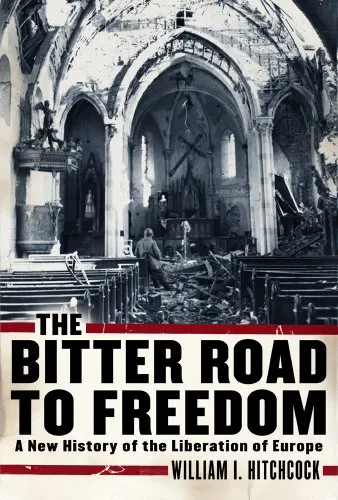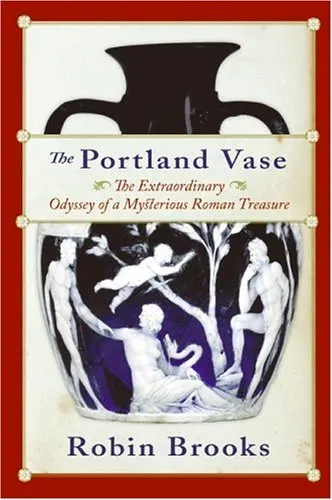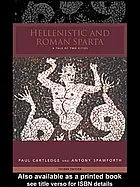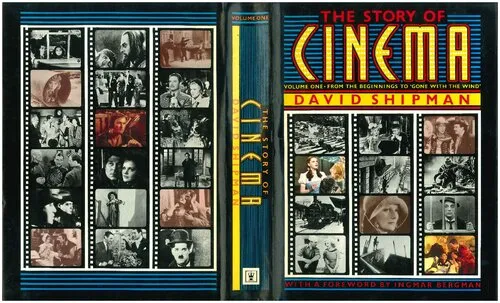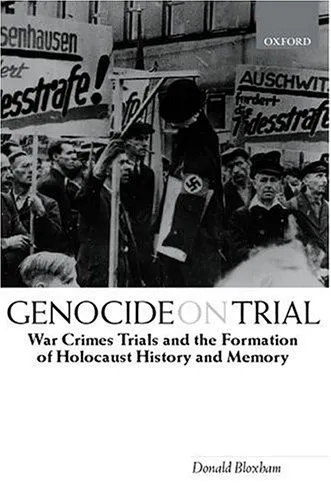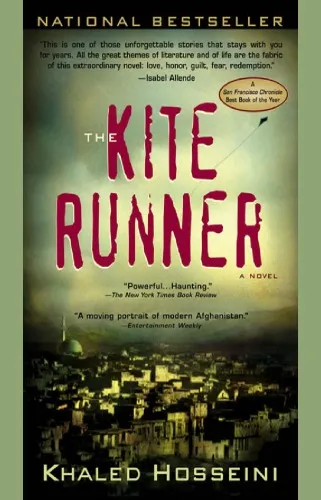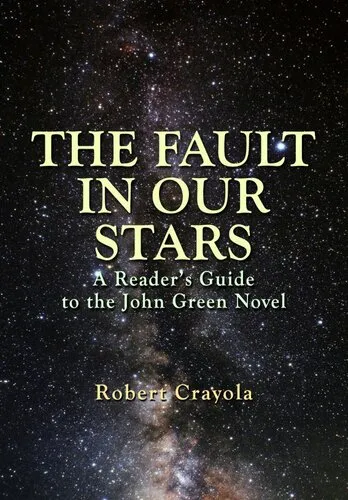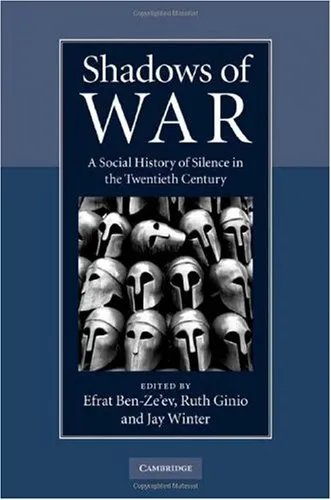The bitter road to freedom: a new history of the liberation of Europe
3.9
Reviews from our users

You Can Ask your questions from this book's AI after Login
Each download or ask from book AI costs 2 points. To earn more free points, please visit the Points Guide Page and complete some valuable actions.Related Refrences:
Persian Summary
Introduction
"The Bitter Road to Freedom: A New History of the Liberation of Europe" offers a profound and comprehensive exploration of the liberation of Europe during World War II. Written by acclaimed historian William I. Hitchcock, this book revisits the European continent's tumultuous journey towards freedom from the perspective of those who lived through this transformative era. Hitchcock challenges the prevailing narratives and reexamines the human experiences, providing a vivid portrayal of both liberators and liberated.
Detailed Summary of the Book
In "The Bitter Road to Freedom", Hitchcock embarks on an ambitious endeavor to reinterpret the liberation of Europe through meticulously researched narratives and personal accounts. The book begins by setting the stage in the early 1940s when Europe was spiraling into tyranny. Hitchcock then guides the reader through the significant military campaigns, such as D-Day and the fight for Paris, illustrating the battles not just from the strategic command rooms but from the ground up, where ordinary soldiers and civilians made their mark.
The narrative shifts to an exploration of the aftermath of the liberation. Hitchcock delves into the complex aftermath of conflict, illustrating how freedom brought about immediate joy but also unanticipated suffering and chaos. As cities were liberated, they also faced humanitarian crises; there were shortages of food, shelter, and medicine. The author employs firsthand accounts to show how liberation was experienced differently by those in Western and Eastern Europe, revealing a picture of liberation that is both triumphant and grim.
Furthermore, Hitchcock examines the moral complexities and the often-overlooked suffering of civilians caught in the melee of war. By presenting the voices of the oppressed alongside the liberators, he uncovers a narrative of war that reflects both its liberating and devastating effects.
Key Takeaways
- The liberation of Europe was a complex process marked by both heroic efforts and tragic consequences.
- Hitchcock offers a nuanced view that combines military history with the human experience of war.
- The narrative challenges the glorified representation of liberation, addressing the hardships faced by civilians.
- The book provides new insights into how liberation impacted different parts of Europe differently, highlighting the geopolitical dynamics at play.
Famous Quotes from the Book
"War does not simply end with the silence of guns but begins a series of struggles that leave deep and enduring scars."
"Liberation was a moment, but freedom was a process, fraught with challenges and new kinds of bondage."
Why This Book Matters
"The Bitter Road to Freedom" is essential reading for anyone interested in understanding the full scope of World War II's impact on Europe. Hitchcock's work stands out as it does not only celebrate military victories but also illuminates the profound human costs of war. It re-humanizes the war narrative, ensuring that the lived experiences of those who survived are not lost in the grand sweep of history. For students and enthusiasts of history, this book offers a compelling, balanced, and deeply personal portrayal of one of the most significant episodes of the twentieth century.
By delivering a layered analysis of liberation, Hitchcock equips readers with a better understanding of the complexities involved in the post-war reconstruction of Europe, issues that continue to resonate in today's geopolitical climate. The book not only contributes to historical scholarship but also fosters a deeper appreciation of the enduring legacies of wartime experiences.
Free Direct Download
You Can Download this book after Login
Accessing books through legal platforms and public libraries not only supports the rights of authors and publishers but also contributes to the sustainability of reading culture. Before downloading, please take a moment to consider these options.
Find this book on other platforms:
WorldCat helps you find books in libraries worldwide.
See ratings, reviews, and discussions on Goodreads.
Find and buy rare or used books on AbeBooks.
1543
بازدید3.9
امتیاز0
نظر98%
رضایتReviews:
3.9
Based on 0 users review
Questions & Answers
Ask questions about this book or help others by answering
No questions yet. Be the first to ask!
